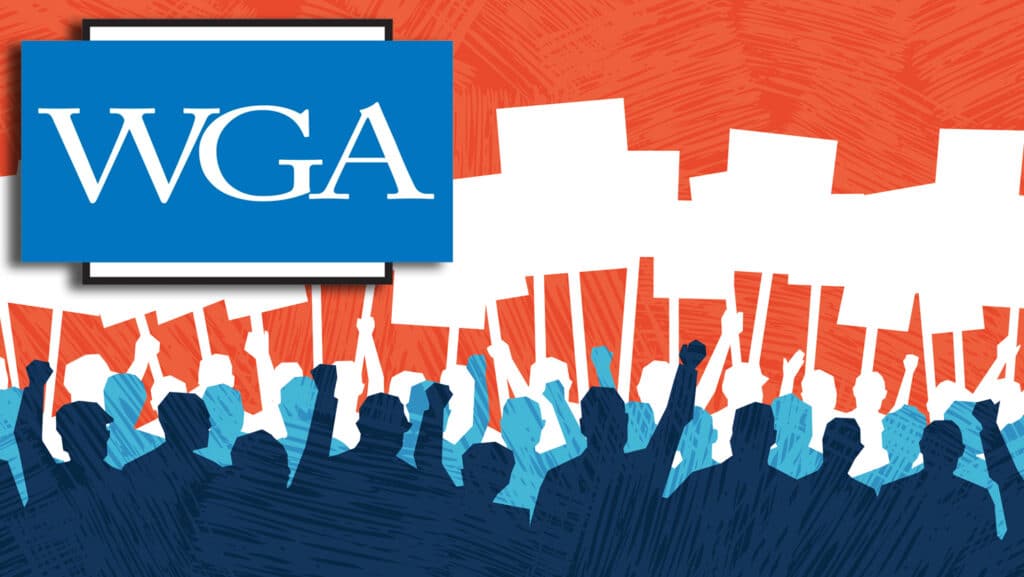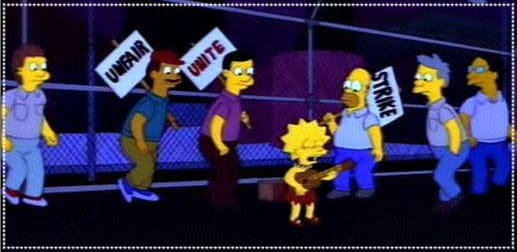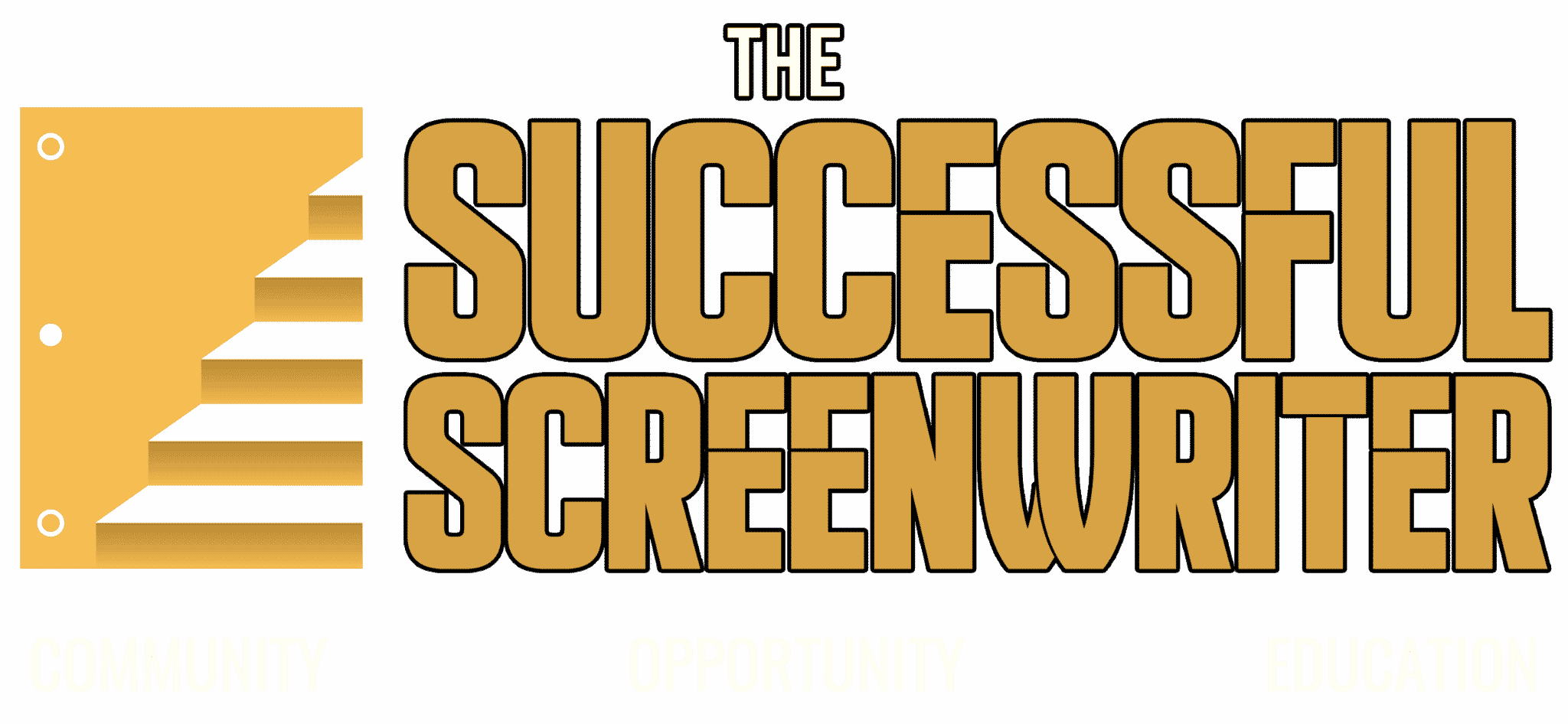
There is a silver lining to the strike.
The strike is in effect. Writers have walked off of sets. Late-night shows are canceled. Live variety shows are postponed. Many pre-productions have stopped, but this is only the beginning. Writers are picketing for their futures, their pay, and a sustainable life. Regardless of what is reported, there is something that needs to be said out loud: The Writers didn’t stop production.
The producers did.
It must be stated that this isn’t about demonizing the producers, all of whom have families and want their families to eat, have a home, cars, and clothes, and live comfortably, and in many cases, luxuriously. Aside from pure luxury, this is all the writers want. The WGA want their writers to be paid fairly in an industry that is going through one of the biggest boom periods in recorded history. Studios have benefitted from increased budgets from television to motion pictures, and the writers have seen nothing close to the level of benefit that producers have. It goes without saying that producers are going to see the lion’s share of the profits as it’s their production company and it’s their vision. But is it?
Audiences, readers, and fans consume the property, not the production company. Readers don’t read a Simon and Schuster-published book because they published it. They read properties like The Dark Tower because it was a great story and it was written by Stephen King. People consume material from studios like Disney, NBC, and Amazon partially because of brand familiarity, but the creative portion and the equity built with fans come from writers and the team both in front of and behind the camera. Producers do play an important part, but they aren’t the reason the show is effective. Good media rises above brands and restrictions, which is why great talents make their names on the independent scene.
The problem writers come to is that the people are responsible for creating amazing shows aren’t getting paid enough for their efforts, but the producers who greenlight their productions are constantly growing their own value and worth. It’s not about taking money away from them, but it about helping writers earn a living in a world that doesn’t value them. Writers are struggling in environments that want optimal material but at minimum pay. They want writers to be machines and are dangerously close to replacing writers with them. The producers hold more cards in many ways than the writers, as they have the assets and financial backing to survive any strike, but there was something the producers can’t budget their way out of.

The WGA Isn’t Alone
The Screen Actors Guild, Director’s Guild of America, the International Alliance of Theater Stage Employees, and many other unions have announced they’re backing the WGA. Actors, Directors, Hosts, and Teamsters are among the numerous industry personalities and workers who publically supported their fellow workers who sit behind the pencil. The AMPTP will have their hands full again this summer as SAG and the DGA both have expiring contracts, and the WGA will 100% back them.
All of these unions have something in common: They are the people who make the entertainment that everyone consumes. They make your favorite shows, write your favorite shows, and they bring your favorite characters to life. They don’t have the capital to create programming and distribute shows like the producers do, but they have the people.
If you look closely at many of the shows people call their favorite, it’s typically a crappy underdog against a giant favorite. It’s Rocky vs. Creed. It’s The Fellowship vs. Sauron. These are characters who had relatively little to offer, but through their heart and skill captivated audiences. Then more people joined with them and created a fanbase or a movement. They have the plant, but we have the power.
The WGA knew what the cost would be when they authorized a strike. They knew what the stakes were, but what they lost in money, they gained in support. The industry stands with them. The people outside of the industry can send a message by not consuming mass materials from these producers to show who really creates the show. Entertainment is an agreement between the viewer and the creators, not the producers. You have the power to stop production, but the people who create it have the power to walk away, and the audience has the power to stop feeding the empire.
WGA, entertainment and teamsters guilds, audiences, there’s an important lesson you can learn from here:
Power and capital build an empire. People build movements.

